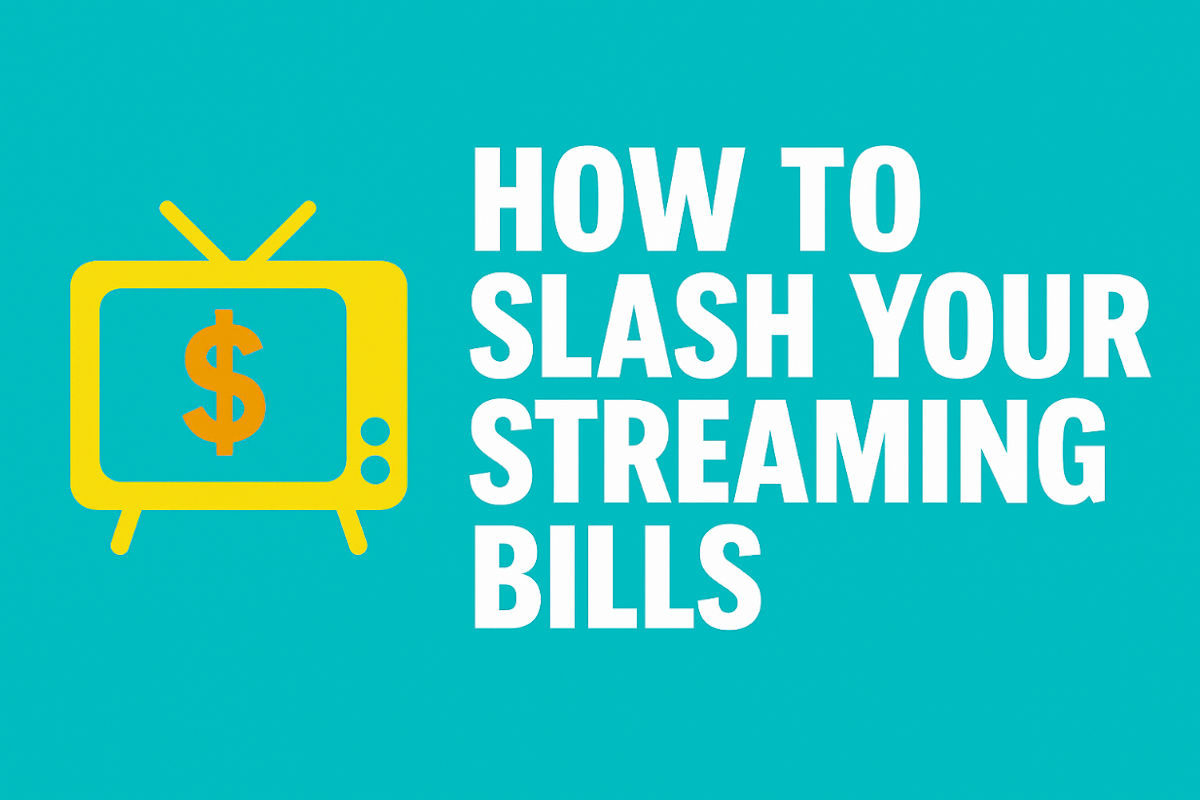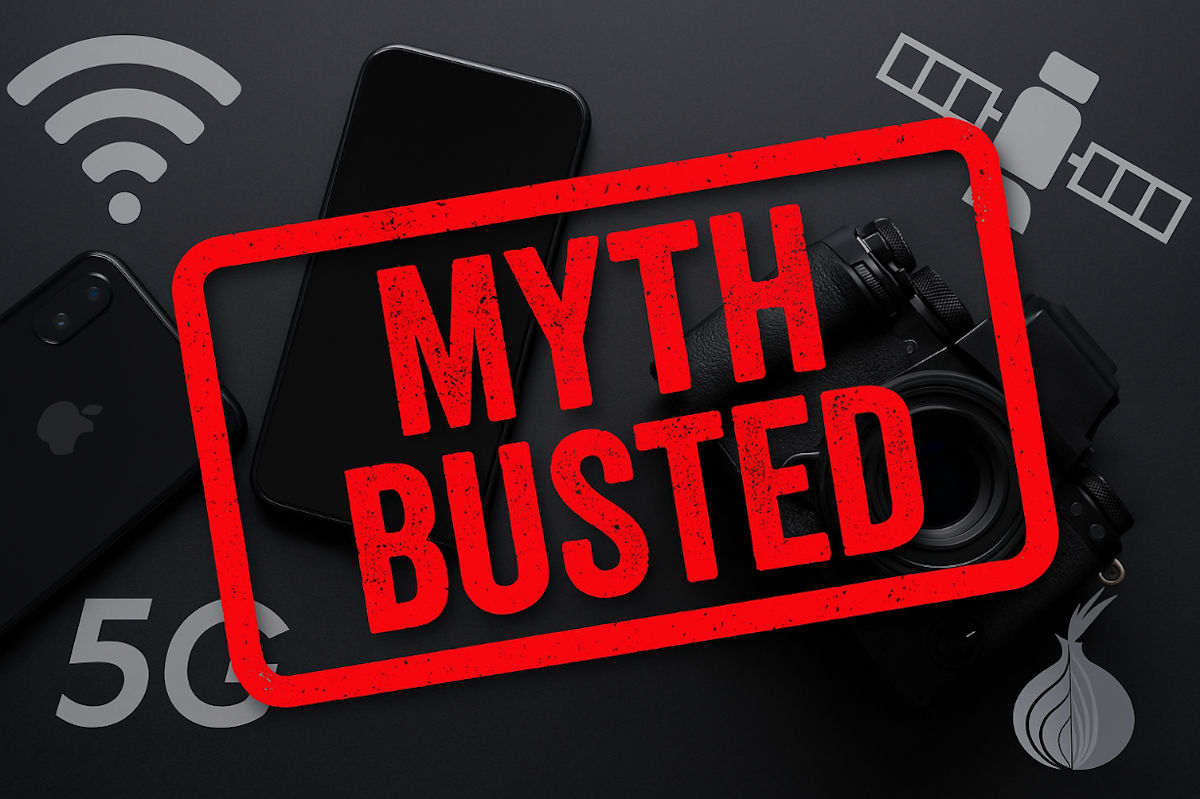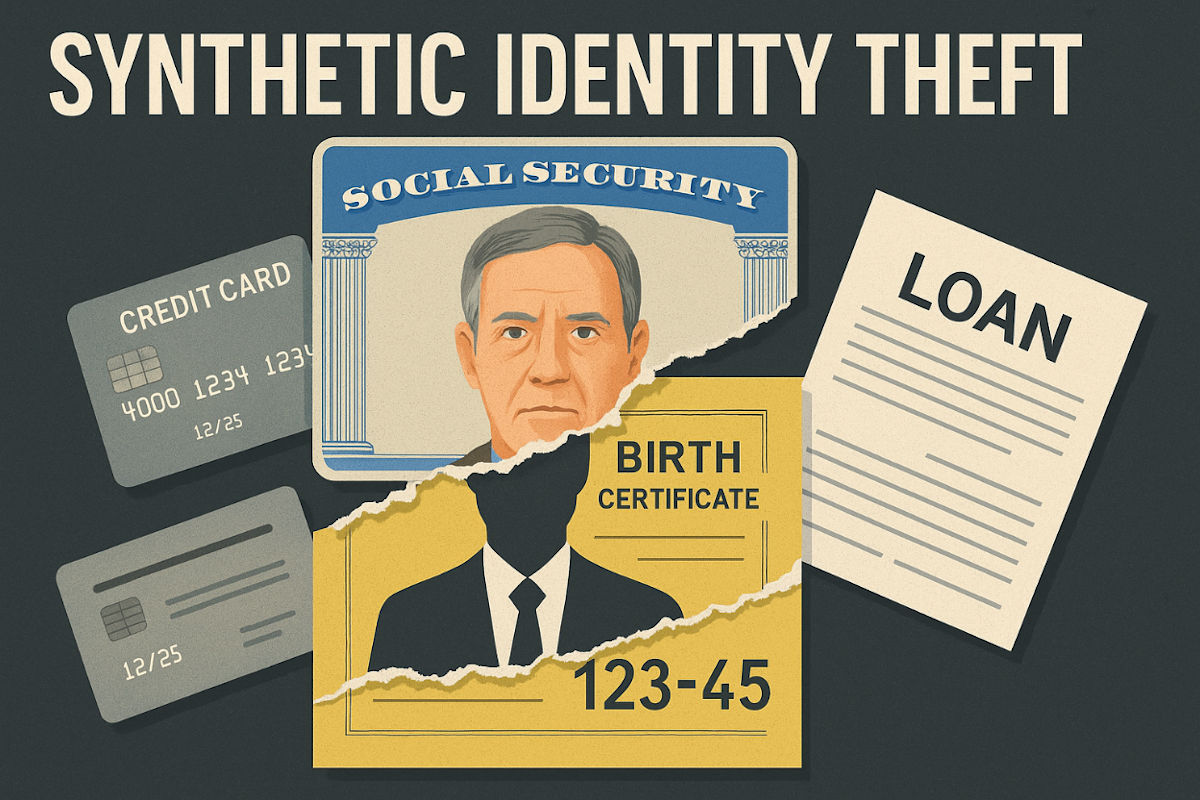🕵️ Watch out for the AI scam surge: Phony apps are multiplying like gremlins. Triple on iOS, six-fold on Android. They mimic legit apps, steal logins, fake traffic and drown stores in bot-written reviews. Using AI, anyone with Wi-Fi and bad intentions can cook up a scam app. PSA: Only download apps that you really need and know come from a legit source.
Your streaming bill is robbing you blind

On my national radio show, I mentioned that the average American spends $110 a month on streaming subscriptions. Add in $80+ for decent internet, and suddenly cable doesn’t look so evil.
My inbox exploded: “Kim, how do I lower my streaming bill?”
The short answer: You’re paying for stuff you’re not even watching. Let’s fix that.
🕵️ Start with a ‘streaming audit’
How many of these are you signed up for right now? Netflix, Hulu, Disney+, Max, Peacock, Prime Video … and maybe a couple of sneaky ones like BritBox or Discovery+ you forgot about after a “free trial.”
Step 1: Check your bank or card statement for charges from:
- Google, Apple, Amazon (they love hiding subscriptions under friendly names).
- Random charges like “BILLINGSTREAMLLC” (actual scammy name I’ve seen).
- Pro tip: Use Rocket Money, they scan your accounts and flag forgotten or sneaky subscriptions.
Step 2: Open your smart TV or phone. Which apps are collecting digital dust? If it’s been more than a month since you watched something, unsubscribe. Most services save your watch history, so you can pick up where you left off later.
💸 Go full cheapskate (but in style)
You’d be shocked how good free streaming is these days. Yeah, there are ads, but you don’t get a bill.
- Tubi: Classic movies, thrillers and more ’90s vibes than a Delia’s catalog.
- Pluto TV: News, sitcoms, reality reruns and channels you didn’t know you missed.
- The Roku Channel: Solid flicks and weirdly addictive Roku originals.
- Plex: It started as a way to stream your own stuff, now it offers tons of free content.
- Kanopy & Hoopla: If you’ve got a library card, you’ve got access to tons of award-winning movies, docs and even binge-worthy TV. Free. Legit. No strings.
🎯 Question of the day
The tech myths we can’t stop repeating

Tech myths have a way of sticking around like those 99 browser tabs you keep open, harmless at first, but over time, they slow everything down. They spread in group texts, get repeated by well-meaning relatives and pop up like spammy ads from 2003.
📸 Add Instagram highlights secretly: Create highlights without posting to your story. Open the app, tap your profile button, then the (+) in the top right. Select Story, pick a photo and hit the arrow at the bottom. Under Close Friends, choose someone who doesn’t follow you back and tap Share. Then hit Add to Highlights.
Meet your financial evil twin

A man named William Woods spent years trying to prove he was … himself. Why? Because another man, Matthew David Keirans, stole his Social Security number and birth certificate, built a whole new life with them and lived under Woods’ identity for decades.
🔑 You can’t predict the market, but you can protect your savings. That’s why I keep a portion of my own retirement in real gold and silver with Goldco. Right now, get up to 10% back in FREE silver when you open a qualified account.
🎧 Quiet isn’t always better: Noise-canceling headphones protect your eardrums no matter how loud your Uncle Ralph’s hot political takes get. But it turns out, if you wear them nonstop, especially as a kid, your brain never learns to tune out background noise (paywall link). Doctors are now linking heavy use to auditory processing disorder, where everyday sounds feel overwhelming.
Pay-to-park warfare: A viral site let San Franciscans dodge parking tickets by showing where enforcement officers were in real time. The leaderboard showed one officer writing 192 tickets in a single day, over $20K in fines! The city patched the data feed within hours, killing the tool, after 50,000 people tried it.
Search goes live: Google just dropped Search Live in the U.S. You point your camera, talk out loud, and it feeds you answers plus links in real time. Ask which munchies to grab or how to fix your busted fan, and boom, Google talks back. Free, no sign-up required. At this point, even my snacks are getting SEO’d.
Jewelry heist fiasco: So picture this, 25 masked suspects suddenly storm a California jewelry store, smashing cases and grabbing $1M in loot. Now, look at the tech the store had in place. The door locked them inside, forcing one to shoot their way out. Police drones tracked the crew, leading to seven arrests. The suspects, all from Oakland, range from 17 to 31. So young, so dumb.
🚨 Prime time penalty: Amazon just agreed to pay $2.5 billion to settle FTC claims it tricked millions into unwanted Prime memberships and made cancellations nearly impossible. $1.5B will go to 35 million customers, $1B to the FTC. Amazon admits no wrongdoing, but it now has to make canceling easier. If you had Prime between June 23, 2019, and June 23, 2025, you may qualify for a refund. Some will be automatic, others through an FTC claims portal (coming soon on ftc.gov).
Zapped back to life: After years of crippling rheumatoid arthritis, Lynn Milam got her life back thanks to a lima bean–size nerve stimulator implanted in her neck. It zaps her vagus nerve once a day, dialing down the immune system’s overreaction. The FDA just approved it, meaning thousands of drug-resistant patients could see real relief, and maybe hug their kids again. Love this.
🐭 Mickey needs the cash: Disney+ and Hulu are raising prices again starting Oct. 21. Ads-on plans jump to $11.99/month. Premiums hit $18.99. Even ESPN Select sneaks up to $12.99. Oh, and Hulu’s getting folded into Disney+ soon anyway. Just a reminder, that’s three price hikes in three years.
CapCut’s hidden side: Think CapCut’s just a video-editing app? Nope, it’s TikTok’s little cousin without seat belts. No parental controls, weak age checks, and kids can run into strangers or even see posts with phone numbers. Docs say it fuels oversharing and self-esteem hits. If your kid’s using it, check their settings, peek at their uploads and talk about what not to share.
🦠 Fake downloads scam: Hackers rigged Google and Bing with fake GitHub pages for Mac apps like LastPass, Robinhood, 1Password, Audacity and Davinci Resolve. Instead of software, users got “Atomic” malware stealing passwords and crypto. The pages redirected to macprograms-pro[.]com before being pulled, but one still lingers. Pro tip: Only download apps from official sites or the App Store.
Big TikTok news: Trump is expected to sign an executive order today that officially puts TikTok’s “sale” in motion. Word is that ByteDance will drop its control and the U.S. will lease TikTok’s algorithm so it stays “American enough” to keep running.
🪓 He DoorDashed zip ties, bleach and a hatchet: In Sweetwater, Texas, a delivery driver got an order that didn’t exactly scream “movie night.” Instead of shrugging it off, they called the police and probably saved a life. When officers arrived, 42-year-old Neil Cooper had barricaded himself inside a motel room, claimed he was armed and refused to come out. A hostage managed to escape before negotiations began, and Cooper eventually surrendered. He’s now facing kidnapping and drug charges. Here’s the twist: The hostage was also arrested on an outstanding warrant after failing to identify themselves. Wow.
🍊 Fruit ninja: Coca-Cola has teamed up with MIT to save … oranges. Seriously. A bacterial disease is wrecking citrus trees, and Coke’s using AI to fast-track a cure. If they don’t figure it out, orange juice could be basically extinct in 25 years. The project’s called “Save the Orange.” Yes, that’s real. I’m rooting for juice. Your future breakfast might just be toast.
📱 Scratchgate is here: iPhone 17 Pro owners already started posting battle scars within 24 hours of launch. Apparently, the anodized aluminum frame scratches super easily, revealing shiny silver underneath. YouTubers warn that the camera bump chips, too. Here’s a solution: Buy a $13 case or embrace the “relic guitar” vibe.
We may earn a commission from purchases, but our recommendations are always objective.
Clever scam spreading: Venmo, Zelle and Apple Cash are being used for the “accidental deposit” trick. Scammers send you money (using stolen cards, of course), then say oops before begging you to send it back. If you do, your bank later reverses the original payment, and you’re out real cash. PSA: Never send money back to strangers. Let the app deal with it.